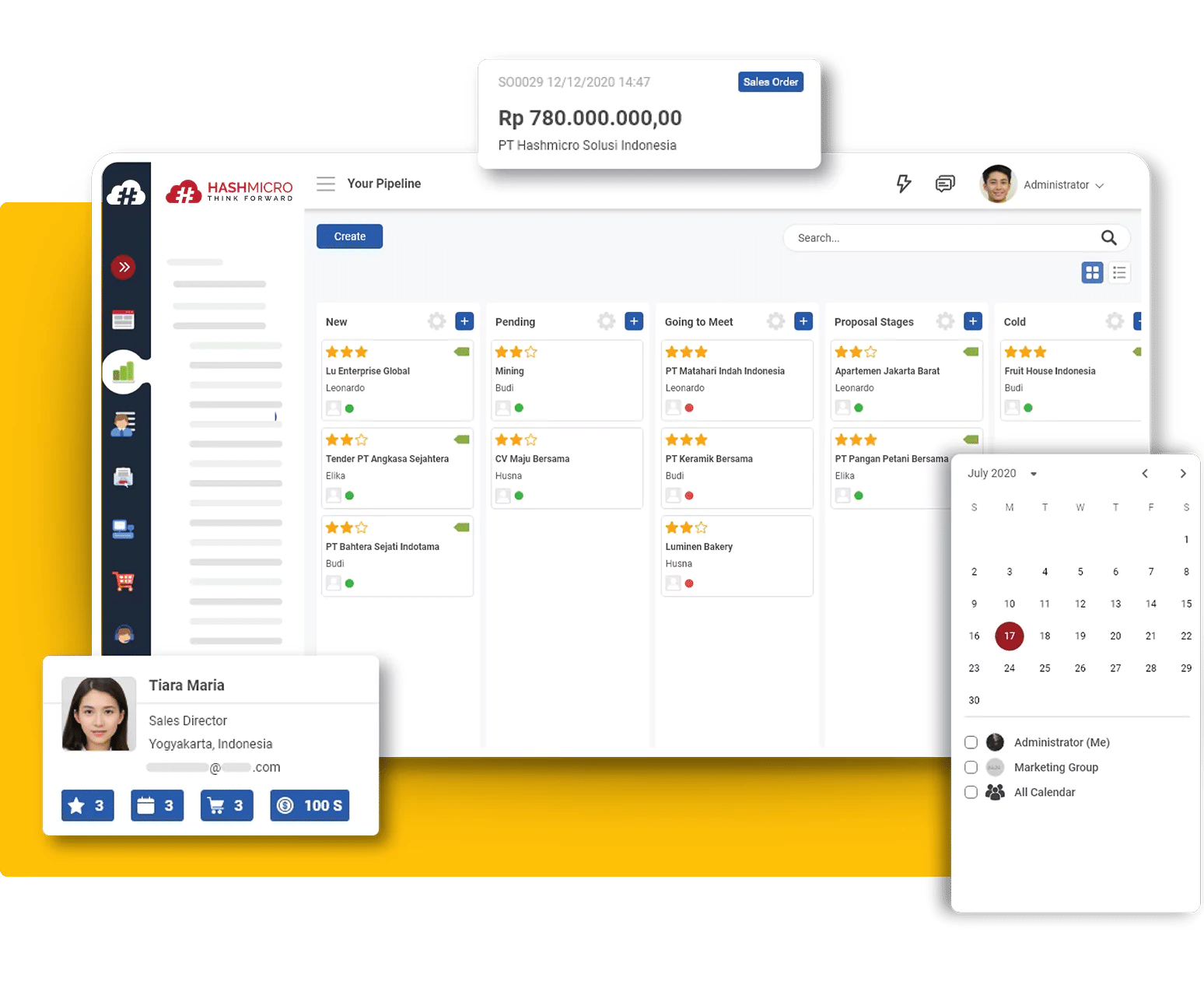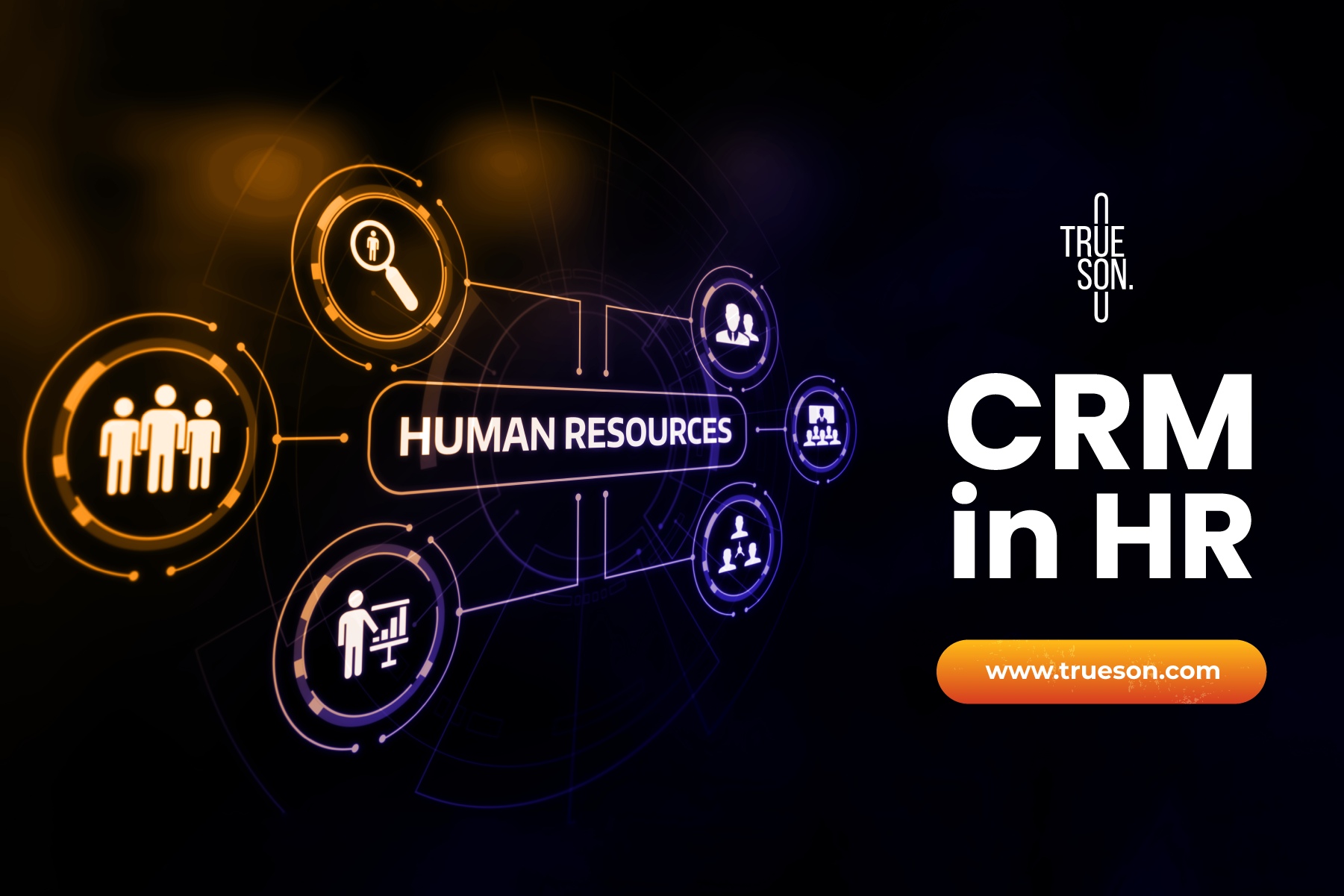As CRM for HR consultants takes center stage, this opening passage beckons readers into a world crafted with knowledge, ensuring a reading experience that is both absorbing and distinctly original. CRM, or Customer Relationship Management, has revolutionized the way HR consultants manage candidate relationships, streamline processes, and nurture potential hires.
This comprehensive guide will delve into the key features, implementation strategies, and best practices of CRM for HR consultants, empowering you to unlock its full potential.
With the increasing complexity of HR processes, CRM has emerged as an indispensable tool for consultants seeking to enhance their efficiency and effectiveness. By providing a centralized platform for managing candidate data, tracking interactions, and automating tasks, CRM streamlines HR operations, allowing consultants to focus on building stronger relationships and delivering exceptional services.
Implementation of CRM for HR Consultants

Implementing a CRM for HR consultants can streamline processes and improve client relationships. Here’s a step-by-step guide:
Assessment and Planning, Crm for hr consultants
Before implementing a CRM, assess your current processes and identify areas for improvement. Determine your business goals, user requirements, and budget.
Software Selection
Research and evaluate different CRM software options. Consider features, pricing, user-friendliness, and integrations with other systems.
Data Migration
Transfer your existing data into the new CRM. Ensure data accuracy and completeness by using data mapping tools or manual data entry.
Integration
Integrate your CRM with other systems, such as email marketing, applicant tracking systems, and HR software. This ensures seamless data flow and avoids duplicate data entry.
Training and Adoption
Train your team on how to use the CRM effectively. Provide ongoing support and encourage user adoption to maximize its benefits.
Evaluation and Improvement
Regularly evaluate the performance of your CRM and make adjustments as needed. Monitor key metrics and gather user feedback to identify areas for improvement.
Best Practices for Using CRM for HR Consultants

To effectively manage candidate relationships and nurture potential hires, HR consultants can leverage the capabilities of a CRM system. Here are some best practices to consider:
Candidate Relationship Management:
- Centralize candidate data: Consolidate candidate information from various sources into a single, accessible platform.
- Automate communication: Utilize email templates and automated workflows to streamline candidate outreach and engagement.
- Track candidate progress: Monitor candidate progress through the hiring process, from initial screening to onboarding.
Nurturing Potential Hires:
- Personalize outreach: Tailor communication to each candidate’s interests and qualifications.
- Provide valuable content: Share industry insights, company updates, and career development resources.
- Stay engaged: Regularly follow up with candidates, even if they are not immediately available for a position.
Future Trends in CRM for HR Consultants

The CRM landscape for HR consultants is constantly evolving, with new technologies and innovations emerging to enhance HR processes. These advancements offer exciting opportunities to streamline operations, improve candidate experience, and gain a competitive edge.
One key trend is the integration of artificial intelligence (AI) into CRM systems. AI-powered tools can automate tasks such as candidate screening, interview scheduling, and performance analysis, freeing up HR consultants to focus on more strategic initiatives.
Data Analytics and Reporting
Data analytics is becoming increasingly important for HR consultants. By leveraging data from their CRM systems, consultants can gain valuable insights into talent trends, employee performance, and recruiting effectiveness. This data can help them make informed decisions and identify areas for improvement.
Mobile Optimization
With the rise of mobile devices, it is essential for HR consultants to have CRM systems that are optimized for mobile use. This allows them to access and manage candidate information, schedule interviews, and collaborate with clients on the go.
Candidate Experience
CRM systems are also being used to improve the candidate experience. By providing a seamless and personalized experience throughout the recruitment process, HR consultants can attract and retain top talent.
Last Word

In conclusion, CRM for HR consultants has proven to be a game-changer, transforming the way consultants manage candidate relationships and streamline HR processes. By embracing the key features, implementing it effectively, and adhering to best practices, HR consultants can unlock its full potential and achieve remarkable success.
As technology continues to advance, CRM for HR consulting will undoubtedly evolve, offering even more innovative solutions to enhance HR operations and drive business growth.
FAQs
What are the key benefits of using CRM for HR consultants?
CRM for HR consultants offers numerous benefits, including centralized candidate management, streamlined processes, improved communication, enhanced collaboration, and data-driven decision-making.
How can CRM help HR consultants nurture potential hires?
CRM provides tools for tracking candidate interactions, setting up automated follow-ups, and managing talent pools, enabling HR consultants to nurture potential hires and build lasting relationships.
What are some best practices for using CRM for HR consultants?
Best practices include maintaining accurate and up-to-date candidate data, using CRM for candidate sourcing and screening, leveraging automation to streamline tasks, and regularly reviewing and analyzing CRM data to identify trends and make informed decisions.